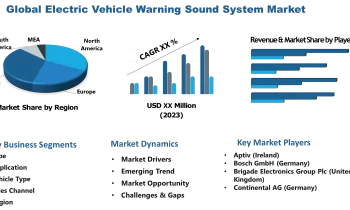
The economic recovery of the UK continues as government borrowing in April totalled £31.7 billion, £15.6 bn less than in the same month last year.
The decline came as the UK economy reopens and follows a raft of strong economic data releases from the world’s fifth-largest economy. On Monday, the ONS reported a surge in UK retail sales, whilst last week, the UK unemployment rate unexpectedly declined.
The UK’s massive public borrowing started to head downwards in April for the first time since the COVID-19 pandemic took a grip in Britain.
Samuel Tombs, chief UK economist at Pantheon Macroeconomics said public borrowing:
“should continue to undershoot” the OBR’s forecast it published alongside the Budget in March amid expectations of a strong recovery in GDP.
The chancellor’s room for manoeuvre on austerity measures will depend on the size of the long-term hit to potential GDP from the recent recession.
“While ‘scarring’ should be smaller than after past recessions, given that the unemployment rate has remained low, we still see significant costs in the form of diminished investment and an unprecedented exodus of non-UK nationals.”
April’s UK borrowing figure was higher than the £30.9bn forecast by market analysts. However, it fell short of £39bn forecast from the Office for Budget Responsibility, the fiscal watchdog.
A Challenge Ahead for UK Borrowing
Public sector net debt as a percentage of Gross Domestic Product (GDP) is at its highest since 1962, standing at 98.5%,. This is equivalent to £2.171 trillion and up from the pre-pandemic levels of around £1.8 trillion.
However, unlike previous decades, the interest rates in the UK are far lower. This reduces both debt servicing costs and the need to urgently lower debt levels that previous governments would have felt.
Ruth Gregory, Capital Economics’s senior UK economist said:
“The government’s financial position isn’t as bad as the Office for Budget Responsibility predicted only two months ago, reinforcing our view that the tax hikes and spending cuts that most fear may be avoided.”



